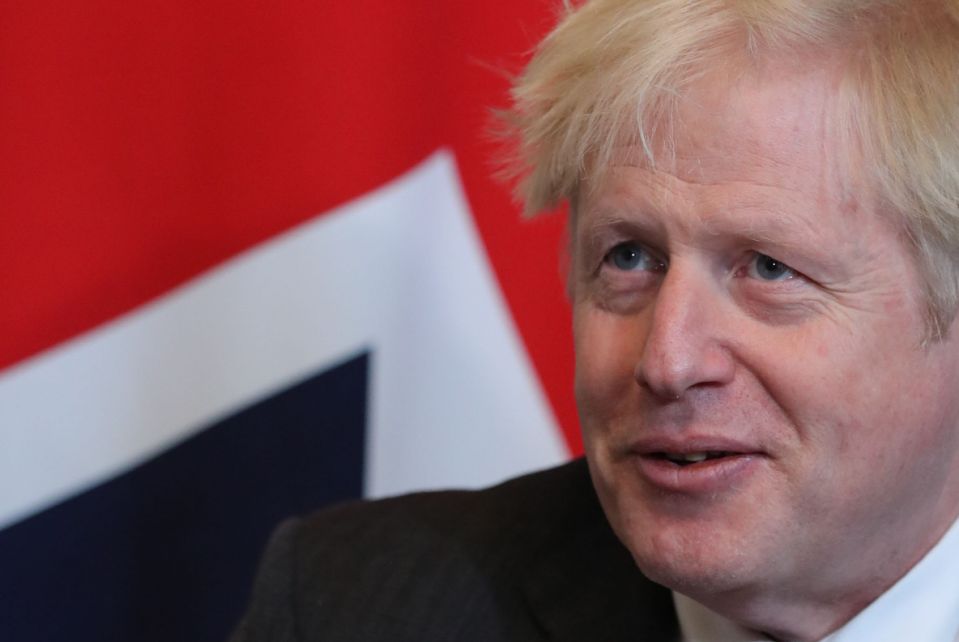In a conscious move towards bolstering renewable energy deployment and combating climate change, G7 environment ministers have committed to accelerating the production and deployment of battery storage technology.
This commitment, announced during a recent meeting, underscores the critical role that energy storage plays in facilitating the transition to renewable sources and ensuring a sustainable energy future.
Batteries have emerged as a linchpin in the renewable energy landscape, serving not only the burgeoning electric vehicle sector but also as a vital component in harnessing the intermittent nature of wind and solar power.
With the demand for clean energy on the rise, the deployment of battery storage in the energy sector has surged, experiencing a remarkable 130 percent increase last year alone, according to the International Energy Agency (IEA).
Key markets driving this growth include China, the European Union, and the United States, with developing nations in Africa also embracing solar and storage technologies to expand energy access.
To achieve the ambitious target of tripling global renewable energy capacity by 2030, as set at the UN climate conference, the IEA asserts that a six-fold increase in battery storage will be imperative.
This surge in storage capacity is essential not only for meeting renewable energy goals but also for reducing emissions and limiting global warming to 1.5 degrees Celsius above pre-industrial levels.
The IEA estimates that an astonishing 1,500 gigawatts of storage capacity, with 1,200 gigawatts supplied by batteries, will be required to realize these objectives.
While the cost of batteries has plummeted by 90 percent in less than 15 years, further reductions are necessary to accelerate the energy transition effectively.
Supply chain diversification is paramount, particularly given the dominance of Chinese production.
Encouragingly, the IEA reports that 40 percent of planned battery manufacturing projects are slated for the United States and Europe, potentially alleviating supply concerns.
Additionally, addressing the availability of critical metals like lithium and cobalt, essential for battery production, remains a pressing issue, prompting exploration into alternative technologies and materials.
The recent G7 meeting in Italy underscored the critical role of energy storage in achieving global renewable energy goals, with a specific focus on Italy’s unique position in advancing this agenda.
Italy, as the host of the G7 summit and a country deeply committed to combating climate change, has emerged as a champion of renewable energy deployment and innovation in energy storage technologies.
With its abundant sunlight and favorable geographic conditions, Italy has become a frontrunner in the adoption of solar energy.
However, the intermittent nature of solar power necessitates effective energy storage solutions to ensure consistent and reliable electricity supply.
As such, Italy recognizes the importance of investing in battery storage infrastructure to maximize the potential of its renewable energy sources.
Moreover, Italy’s leadership in energy storage aligns with broader European initiatives to accelerate the transition to a carbon-neutral economy. The European Union’s ambitious Green Deal and targets for carbon neutrality by 2050 necessitate robust investments in renewable energy and storage infrastructure.
Beyond 2030, advancements in battery technology, such as high-density solid-state batteries and hydrogen storage, offer promising avenues for further innovation.
Furthermore, strategies to enhance the flexibility of renewable energy production, coupled with investments in grid infrastructure, are vital for optimizing the integration of renewables into existing energy systems.
The commitment by G7 environment ministers to prioritize battery storage reflects a concerted effort to accelerate the transition to a sustainable energy future.
By fostering innovation, expanding production, and addressing key challenges, stakeholders aim to unlock the full potential of renewable energy and chart a course towards a greener, more resilient world.
As nations navigate the complexities of the energy transition, collaboration and investment in battery storage technology emerge as indispensable tools in the fight against climate change and the pursuit of a cleaner, more sustainable future.





